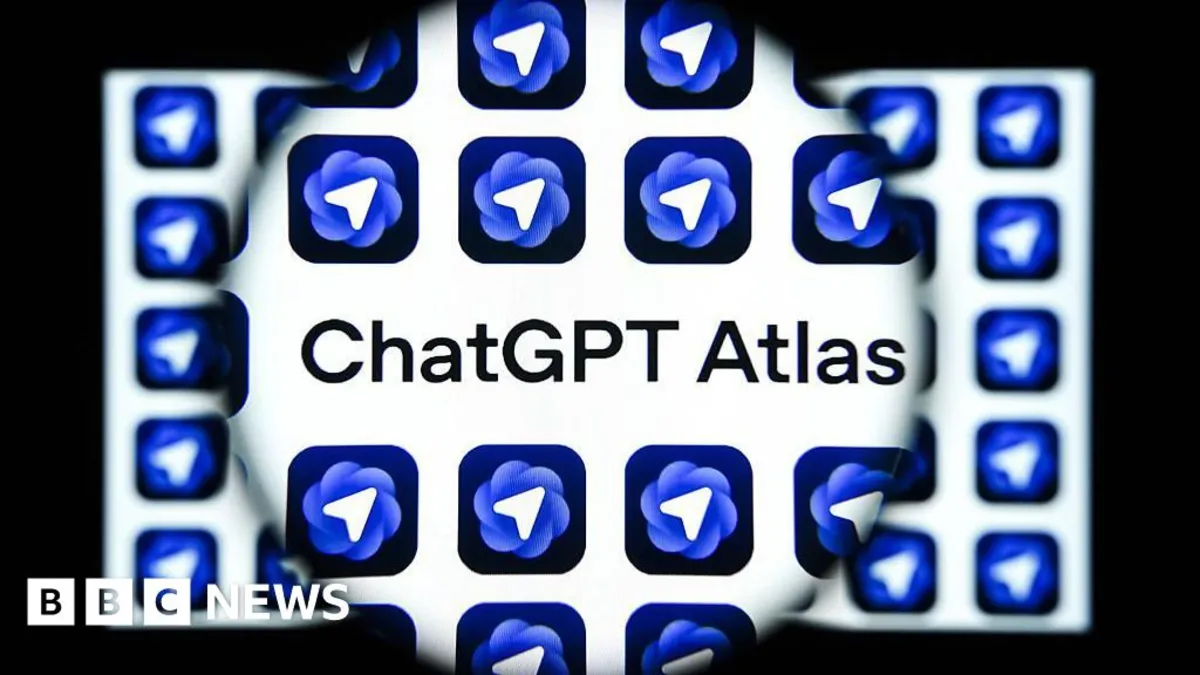
Recently, OpenAI launched ChatGPT Atlas, a new internet browser that aims to transform the way we navigate the web. However, my initial experience using Atlas revealed some significant challenges. Unlike Google Chrome, which dominates the market with approximately 60% user share, ChatGPT Atlas is designed around an interactive chatbot interface, where users can communicate to surf the internet. Unfortunately, I encountered several limitations, such as reaching message limits and being informed that I had hit the free plan cap for GPT-5.
OpenAI claims that Atlas will enhance our online experience, making it more seamless and efficient, bringing us closer to a true super-assistant. However, this super-assistant comes at a cost, as OpenAI is looking to monetize its impressive user base of 800 million. The pressing question is: how effective is this new browser for everyday users?
ChatGPT Atlas initially resembles traditional browsers like Chrome and Safari, but it introduces a unique feature—a sidebar chatbot. For example, when I visited a train booking site, Atlas offered to help me find deals and compare prices. However, when I attempted to book a train, I discovered that this functionality is only accessible to paying ChatGPT subscribers. I later tried to retrieve an article I had read previously but couldn't recall the website. Although these early interactions highlight potential, they also indicate that full functionality is gated behind a subscription model.
OpenAI's ultimate goal is to achieve artificial general intelligence, which aims to match human cognitive capabilities. However, the introduction of a browser doesn't directly contribute to this mission. Instead, it serves as a potential revenue stream. With billions in backing from venture capitalists, OpenAI is under pressure to generate returns on investment. While traditional online revenue models like advertising could be an option, they pose risks to user experience, especially in a competitive landscape. According to Stephanie Liu, a senior analyst at Forrester, OpenAI must deliver a superior experience to attract paying users—currently, only about 5% of ChatGPT users subscribe.
Additionally, Atlas could provide OpenAI with valuable user data, which is crucial for scaling AI tools. The more data these systems receive, the better they can learn and adapt. However, this raises privacy concerns for users who value anonymity, as it remains unclear how OpenAI will utilize data collected through Atlas.
The dominance of Google Chrome has attracted scrutiny from regulators worldwide, making it challenging for new entrants like Atlas to gain traction. Google has integrated its Gemini AI into its search engine, while Microsoft has enhanced its Edge browser with Copilot. Although early enthusiasts labeled ChatGPT a "Google killer," that prediction has not materialized. Erik Goins, founder of Flywheel Studios, believes that ChatGPT could indeed transform the browsing experience by eliminating the need for a middleman, allowing users to ask questions directly rather than wade through search results.
Nevertheless, whether enough users will be willing to pay for this enhanced convenience is still uncertain, and there is a long road ahead before Google’s stronghold is challenged.
For more insights into the latest tech developments, consider signing up for our Tech Decoded newsletter. Stay informed about the innovative technologies shaping our world today.